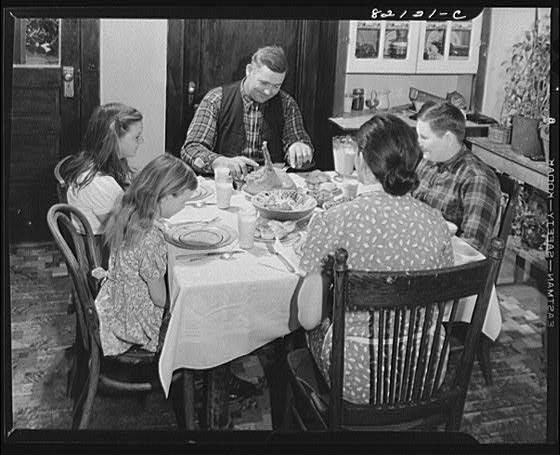|
|
|
Page 10 |
|
"Modernity" and U.S. farm women's poultry operations. Jane Adams,Southern Illinois University
|
|
|
|
 |
|
To summarize: By the latter part of the 19th century a proselytizing vision of femininity and of a gendered division of labor had solidified among the urban middle classes. This vision was explicitly linked to notions of modernity and progress, and contrasted with backwardness. This theory of modern gender roles did not fit many members of the urban middle classes, particularly small shopkeepers, for whom business and household were joined. Like these urban shopkeepers, it did not fit farm families of any class except, perhaps, those operated as wage-labor-based plantations and business enterprises. Nor did it fit the ruined European peasantries and North American farmers who entered the industrial labor force. (13) These members of the working classes stepped directly into wage labor. They became modern by learning the disciplines of the factory.
The theory of gender roles that became hegemonic accreted to it other attributes: Within this gendered division of labor, if the man earned enough income (was successful), the wife had relative leisure; she was able to purchase goods of symbolic as well as utilitarian value; and the family had considerable economic security. Arguably, as a model of family life and personal identity, received through media representations and through occasional trips to cities, such a lifestyle would appear extremely desirable. This would have been increasingly true as farmers became ever more dependent on commodity and financial markets for their livelihoods, experiencing successive waves of crisis in the late 19th century.
|
|
|
|
 |
|
|
"Modernity" and U.S. farm women's poultry operations: farm women nourish the industrializing cities 1880-1940. Paper presented at the international conference, The Chicken: Its Biological, Social, Cultural, and Industrial History: From Neolithic Middens to McNuggets. May 17-19, 2002, Yale University, Program in Agrarian Studies. © Jane Adams 2002
Jane Adams' Home Page
|
|
|
|
|
|
|
|
|
FSA (Farm Security Administration) client and family sitting down to a well "balanced meal." Calvert County, Maryland. John Collier, photographer. FSA archives.
|
|
|
|
|
|
|
|
|
|
|
|
|
|
